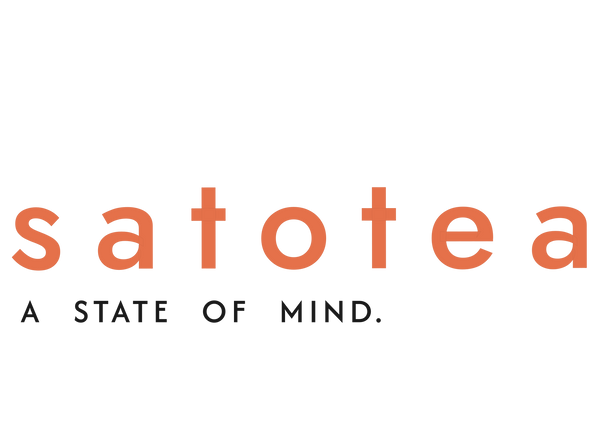Better Done Than Perfect: How to Overcome Perfectionism, Take Action, and Rewire Your Brain
E NanA few days ago, Shao and I sat down to discuss the new content plan for the upcoming weeks and months. Almost immediately, I knew I wanted my first video to be about perfectionism.
Interestingly, after our meeting, I walked back into my room and saw my window curtain dancing in the wind. It was beautiful. Without hesitation, I grabbed my camera, set up my tripod, and captured the moment. This was something I had shied away from in the past—just creating without overthinking. Whether it was making music, filming a video, taking a few shots, or editing and sharing something, I always held myself back. I hid behind perfectionism.
Calling yourself a perfectionist sounds appealing. It gives the illusion of mastery, of wanting to push things to the highest quality standard. Society often perceives perfectionism as a virtue. But in reality, it's an illusion. More often than not, it’s an excuse—one we tell ourselves to avoid action. It becomes a way to justify postponing things, to explain why we can’t complete a project, change careers, move to another country, or take that first step toward a new goal.
If we were truly committed to mastering something, we wouldn’t be stuck trying to perfect a single thing. Instead, we’d push through repetition. We’d overcome fear by simply putting things out there, again and again. That’s how children learn. They don’t sit around trying to create the perfect drawing; they just start drawing. They touch, play, and experiment. Over time, they naturally improve and gravitate toward their strengths—whether in art, sports, or any other pursuit.
The Science Behind Perfectionism
From a neuroscience perspective, perfectionism ties into the brain’s default mode-network, which can create a negative feedback loop of overthinking and fear-based paralysis. This is when our prefrontal cortex gets hijacked, trapping us in an internal prison of self-doubt and anxiety. The antidote? Action. Shifting our focus outward through creative work, movement, or any tangible progress disrupts this cycle, reducing anxiety and calming the brain.
Psychology echoes this idea, emphasizing the importance of building agency—actively doing rather than just thinking. Taking action helps regulate emotions, improve mental well-being, and create a sense of progress.
Then there’s the Zeigarnik Effect, a psychological phenomenon where the brain recalls unfinished tasks more easily than completed ones. If left unchecked, these unfinished tasks pile up, adding stress and mental clutter. The best way to relieve this pressure is simply to get things done rather than obsessing over making them perfect.
The Hidden Costs of Perfectionism
Research shows that perfectionism correlates with anxiety, depression, and other mental health challenges—especially when it becomes maladaptive. Adaptive perfectionists maintain high standards but remain flexible. Maladaptive perfectionists, on the other hand, become rigid and obsessive, prioritizing their internal prison over external reality. In extreme cases, they might even miss deadlines or sabotage progress just to satisfy their unattainable standards.
By channeling our creative energy outward—whether through music, art, or writing—we release stored mental tension. Creativity acts as a release valve, allowing us to express, evolve, and grow.
Overcoming the Fear of Judgment
A major barrier to action is fear of judgment. If you break it down, people generally fall into three groups:
The Indifferent – The majority of people are too absorbed in their own lives to scrutinize yours. They’re busy with work, relationships, health, and daily distractions. The fear that “all eyes are on you” is largely an illusion.
The Admirers – Some people wish they had the courage to do what you’re doing—whether that’s starting a business, leaving a job, or launching a creative project. You might underestimate the positive impact you have just by showing up and taking action.
The Critics – No matter how good your work is, some people will always find something negative to say. They’ll criticize your technique, your intentions, your ideas—whatever they can. And if that's all they do, without having a track record of their own work, it's probably best to not even bother.
If you internalize these perspectives, it becomes clear: good enough will always be better than perfect. Because “good enough” means you’re actually moving forward, learning, and improving. Small, consistent wins shape your character and drive long-term success far more than endlessly chasing an unattainable ideal.
So, take the leap. Create, share, fail, grow and repeat. Because reality rewards those who take action—not those who wait for perfection. Or to say it with Seneca's words: Fortune is with the brave.
